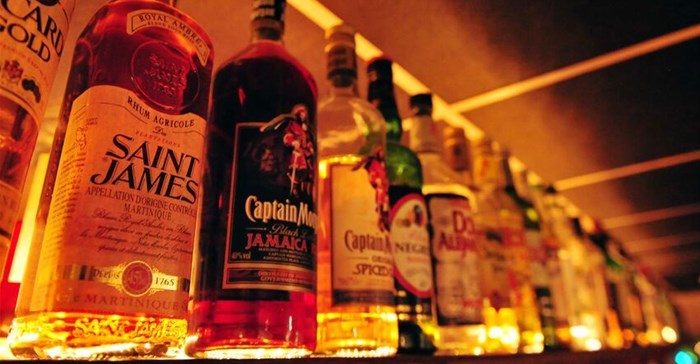
Top stories


Marketing & MediaAI changed how I work as a designer, faster than I expected
Emmanuel Naidoo, Ignition Group 6 hours




More news













ESG & Sustainability
Can Ramaphosa’s crisis committee solve South Africa’s water woes?













Sars reported that it seized 152,000 bottles of spirits (12,700 cases) worth R15m during a joint operation with the police in Amersfoort in Mpumalanga last week. The breakthrough in the fight against illegal alcohol trade follows a year-long investigation assisted by the alcohol industry.
Explaining the modus operandi for these crimes, Salba chairman Sibani Mngadi said these syndicates purchase products intended for export tax free, as the product would be subjected to duty at the destination country.
“The bottles are then rebranded to conceal that they are meant for export, and resold into the South African market at a competitive rate. A duty-free spirit product can undercut a retail price of the duty-paid spirits brand by up to 41%,” said Mngadi.
According to Euromonitor International, the illicit alcohol market has grown to 22% of the total volume of alcohol sold following the bans of alcohol sales within South Africa. Spirits constitute 48% of the illicit market (mainly through smuggling), followed by homebrews at 24% and sugar-fermented ales at 22%.
Salba CEO Kurt Moore said it was time Government realised the unintended consequences of blunt policy interventions such as the bans on alcohol sales and current restrictions in trading days and hours. He said the ongoing restrictions would continue to encourage the illicit alcohol industry and further damage the legitimate enterprises struggling under the weight of these irrational measures.
“To put things into perspective, in 2020 the illicit market was worth R20,5bn, which is R6,5bn more than the R14bn budget that the South African Police Service is allocated for criminal investigations. In 2020 Sars lost R11,3bn to the illicit alcohol trade – this is R1bn more than the R10,3bn allocated for Covid-19 vaccines,” said Moore.
He said Salba will continue to work with law enforcement agencies in curbing the problem of illicit trade.